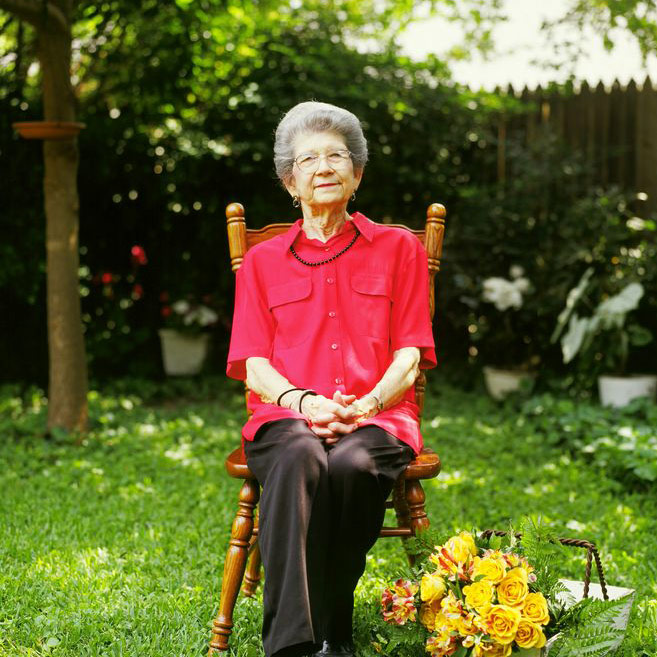THURSDAY, May 12, 2016 (HealthDay News) — Seniors are at high risk for falls, but there are ways to reduce that risk, experts say.
One-third of Americans aged 65 and older fall each year. And, falls are the leading cause of nonfatal and fatal injuries among older Americans, according to the American Trauma Society.
Each year, more than 2.5 million fall-related injuries are treated at U.S. emergency departments, the trauma society says. These falls result in more than 734,000 hospitalizations and more than 21,700 deaths.
It’s crucial for seniors to get medical care after a fall, said Dr. James Vosswinkel, chief of trauma, emergency surgery and surgical critical care at Stony Brook University Hospital in New York.
“Older adults who suffer a serious fall have much better chances of survival and overall better health outcomes if they are treated at a trauma center where specialized surgeons are available,” he said in a hospital news release.
Seniors can significantly reduce their risk of falls through certain lifestyle changes and prevention programs, Vosswinkel added.
Here are some tips from Kristi Ladowski, injury prevention and outreach coordinator at the Stony Brook Trauma Center:
- “Talk with your physician about your risk of a fall, and how you can manage certain health conditions that can lead to a fall,” she said.
- “Have your medications reviewed by your doctor and pharmacist to discuss which medications may contribute to dizziness, imbalance and fatigue,” Ladowski suggested.
- Take part in exercise programs that promote strength and balance, and have your vision checked at least once a year.
- Fall-proof your home, and talk to your family about how to help you live an independent lifestyle.
May is National Trauma Awareness Month.
More information
The U.S. National Institute on Aging has more about older adults and falls.
Copyright © 2026 HealthDay. All rights reserved.

